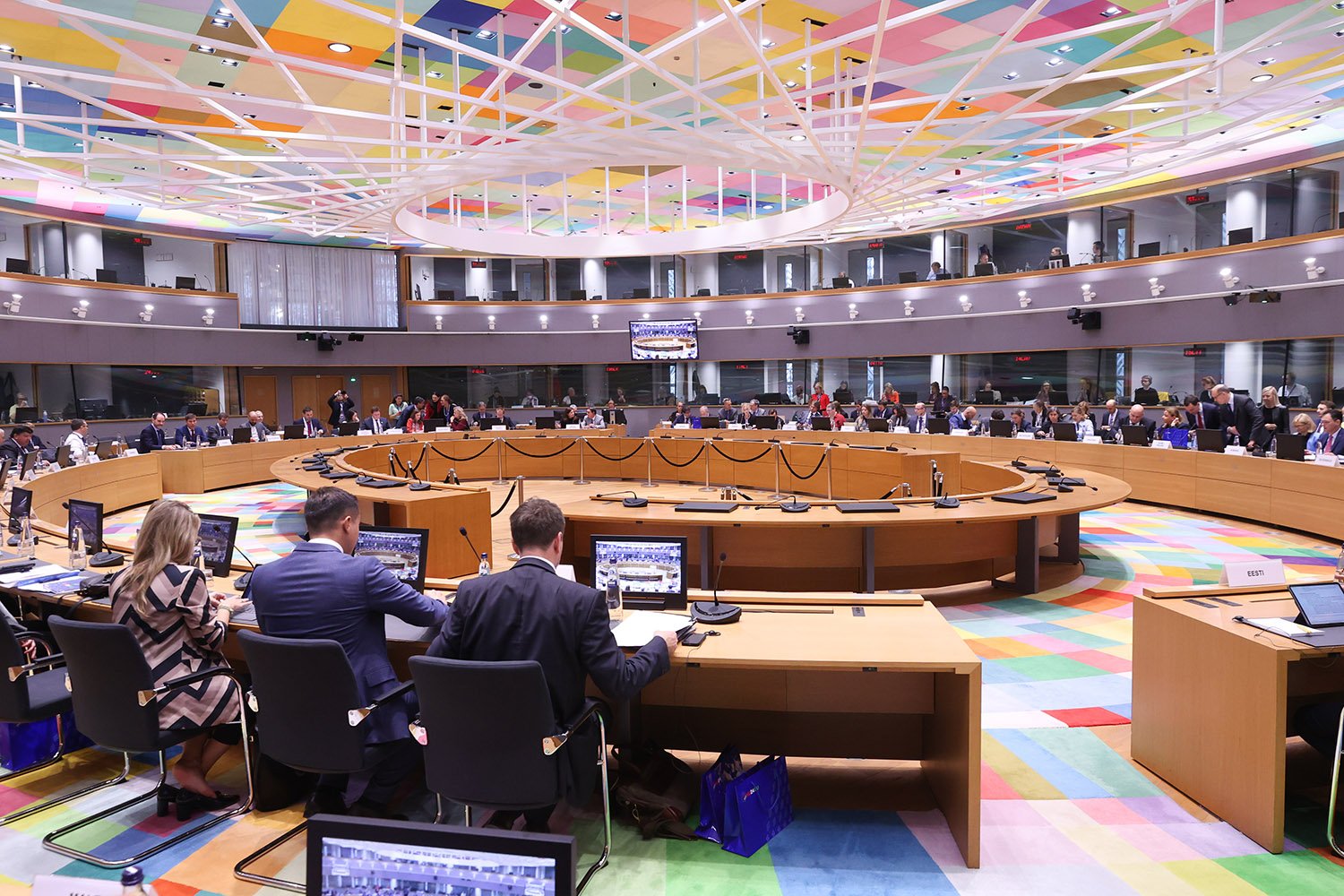No agreement on ViDA this time either

Political agreement on the ViDA reform is still in the air.
After many tough negotiations, a negotiated compromise was expected to be adopted when EU finance ministers met at Tuesday's ECOFIN meeting in Brussels.
But Estonia used its veto in the vote. This means that approval will be delayed for at least another month. If the compromise is finally adopted, digital reporting of transactions within the EU will be required, but the introduction will be significantly delayed.
The European Commission's proposal to upgrade the outdated VAT Directive, VAT in The Digital Age, was presented in December 2022. At the time, there was a pious hope that the entire package of proposals, including mandatory e-invoicing for cross-border trade within the EU, would be implemented by 2028.
But the original draft was heavily criticized from several quarters.
The only way forward was therefore to tweak the proposal and find variants that could be accepted on all fronts. During Belgium's current EU presidency, intensive work has been done to create a package that could be supported by all. Before Tuesday's ECOFIN meeting, this work was expected to bear fruit in the form of a unanimous "yes" to the revised version with its amended content and timetable.
However, this was not the case. Belgium's Finance Minister Vincent Van Peteghem had to announce at the subsequent press conference that a comprehensive deal was never reached.
"Unfortunately, one member state (Estonia) is not ready to endorse the proposals made, but we are still convinced that what is on the table is a fairly balanced compromise that all member states should be ready to accept," Van Peteghem said, clarifying:
- The fact that one member state still has a reservation does not affect our willingness to reach a solution soon. We will continue to work towards a compromise.
New chance in a month
Estonia's resistance is rooted in dissatisfaction with the platform economy and the definition of a supplier, but of course there will be another round of kneading to convert the Estonians in the coming weeks if possible. After all the efforts, Belgium really wants to see the Union agree on a ViDA package before their presidency is over in the middle of the year. A last chance will be given at the next ECOFIN meeting on June 21st.
The main points of the compromise, which has now temporarily (?) collapsed, are these:
- In July 2027, new rules on the platform economy and simple VAT registration will come into force. Short-term rental and car-sharing platforms will be responsible for invoicing and collecting VAT on behalf of the supplier. In the case of simple VAT registration, the Import One Stop Shop (IOSS) will be expanded to include e-commerce and intra-EU stock management.
- In July 2030, the intention is to introduce requirements for digital reporting of intra-EU transactions to tax authorities. E-invoicing will be mandatory for these transactions, but Member States will be free to develop their own reporting protocols and technical specifications.
- Finally, in January 2035, existing national e-invoicing systems will be harmonized with the EU standard, which is much later than originally planned. The starting point was originally set for 2027 with a planned implementation in 2030. Why this part of the ViDA reform is so greatly delayed highlights the fact that several countries (such as Italy, France and Poland) are concerned about spending resources on a common EU model in a situation where investments have been made in both launched and planned independent systems.
Risks delaying a comprehensive solution
For those who had hoped for a solution where the member states would jointly agree on a cross-border standard to facilitate invoice traffic between countries, the negotiated reconciliation is disappointing.
Niklas Andersson, Product Manager at Inexchange, had hoped that the discussions on the ViDA proposal could have been held with a significantly smaller element of protectionism.
- It would probably have been impossible to prevent some compromises being reached, but by presenting a document where the wording and scope have been changed a great deal, the risk of watering down the original proposal is also introduced. It opens the way for all countries to establish their own standards and rules," Niklas notes skeptically.
- This in turn may mean that it will be difficult to simplify international trade with a focus on technology and cost. With the consequence that it will take even longer to achieve a comprehensive solution, he realizes.
E-invoice law in several countries
However, the ViDA Constitution, as it stands, gives member states more freedom to introduce electronic invoicing laws at national level than before. Previously, approval from the European Commission was required. As of this year, that requirement has been abolished. We are seeing the effects around Europe, with a number of countries announcing that they will legislate for mandatory e-invoicing for domestic business-to-business (B2B) transactions in the coming years. Belgium, Poland and Croatia will take action in 2026, Germany plans to introduce it by 2028 and in France, mandatory e-invoicing and digital reporting obligations for B2B and B2C are expected from September 2026.
However, there is no information on when Sweden will take initiatives in the same direction.
Caption: Belgian Finance Minister Vincent Van Peteghem was told at a press conference on Tuesday afternoon that there was no agreement on the ViDA reform during the ECOFIN meeting in Brussels. Photo: EU


